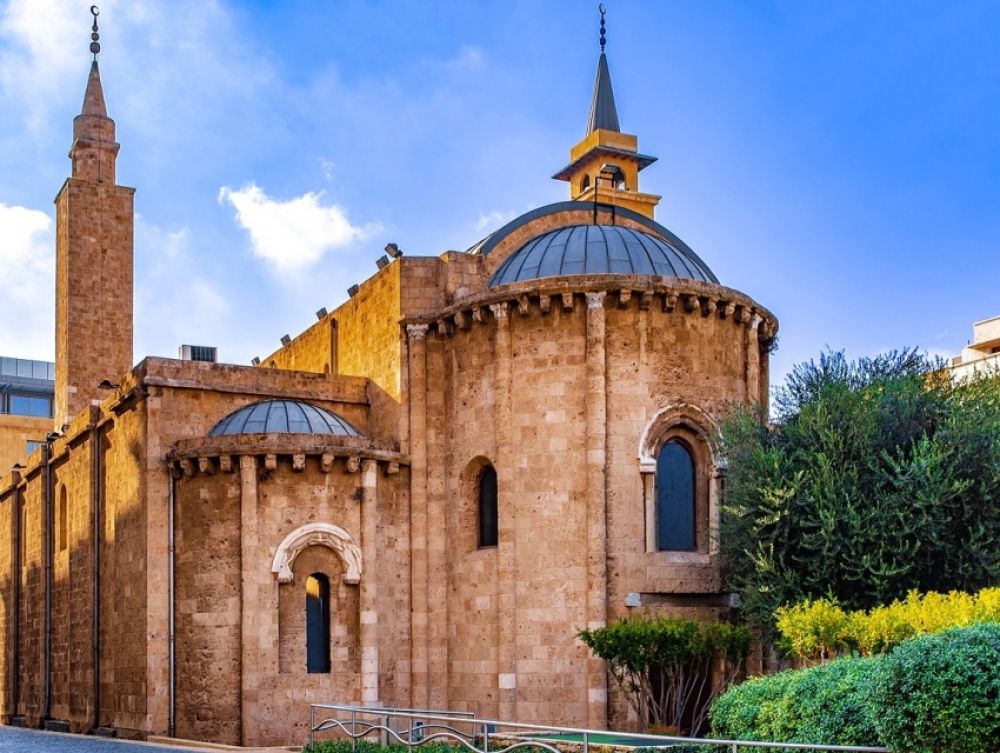

Climate Considerations: When planning a visit to the Al-Omari Grand Mosque in Beirut Central District, it is crucial to consider the Mediterranean climate of the region, which features mild, wet winters and hot, dry summers. The most comfortable time to explore outdoor cultural sights such as the Al-Omari Grand Mosque is during the spring (April to June) and autumn (September to November) months. During these periods, the weather is typically pleasant, with moderate temperatures and fewer rainy days, allowing you to appreciate the mosque's architecture and surroundings comfortably.
Crowd and Festivities: If you are looking to experience the Al-Omari Grand Mosque during a less crowded time, it is advisable to avoid major religious holidays and festivals when local worshippers and tourists frequent the mosque in large numbers. Conversely, visiting during Islamic celebrations such as Eid al-Fitr or Eid al-Adha can offer the unique opportunity to observe local religious practices and festivities. Regardless of when you choose to visit, make sure to dress modestly out of respect for the mosque's cultural and religious significance.
| Month | Min Temp | Max Temp |
|---|---|---|
| January | 11 °c | 17 °c |
| February | 11 °c | 17 °c |
| March | 13 °c | 19 °c |
| April | 15 °c | 22 °c |
| May | 18 °c | 25 °c |
| June | 21 °c | 28 °c |
| July | 24 °c | 30 °c |
| August | 25 °c | 31 °c |
| September | 24 °c | 30 °c |
| October | 21 °c | 28 °c |
| November | 16 °c | 23 °c |
| December | 13 °c | 19 °c |